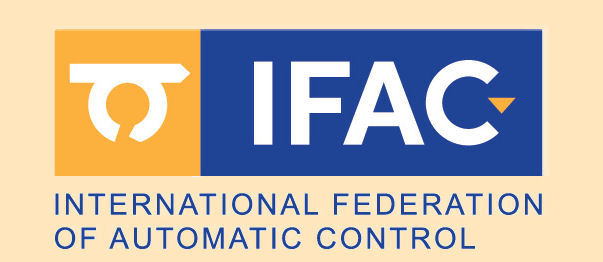| Paper MoBT5.1
Hailemichael, Habtamu (Clemson University), Ayalew, Beshah (Cemson University), Kerbel, Lindsey (Clemson University), Ivanco, Andrej (Allison Transmission), Loiselle, Keith (Allison Transmission, Inc)
Safety Filtering for Reinforcement Learning-Based Adaptive Cruise Control
Scheduled for presentation during the Invited Session "MODELLING AND CONTROL METHODS FOR ADVANCED VEHICLE CONTROL" (MoBT5), Monday, August 29, 2022,
15:30−15:50, Pfhal Hall 202
10th IFAC International Symposium on Advances in Automotive Control, August 28-31, 2022, Columbus, Ohio, USA
This information is tentative and subject to change. Compiled on April 25, 2024
|


 This site is protected by copyright and trademark laws under US and International law.
This site is protected by copyright and trademark laws under US and International law.